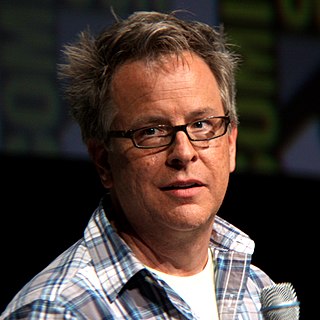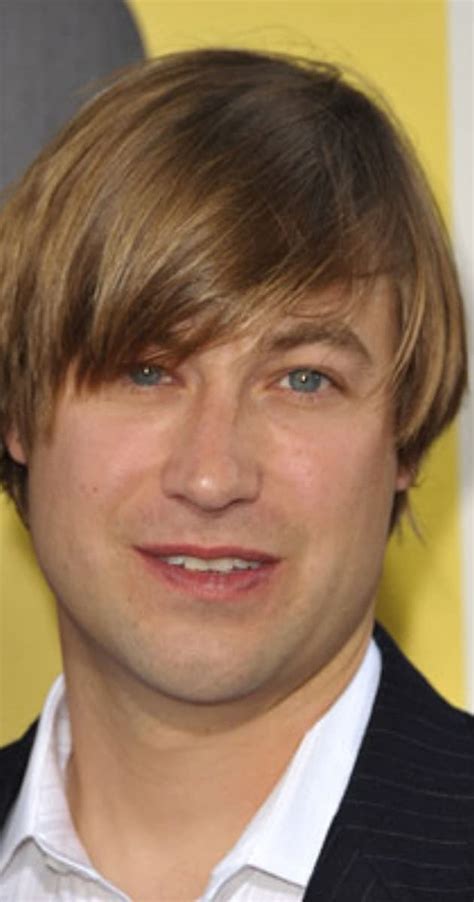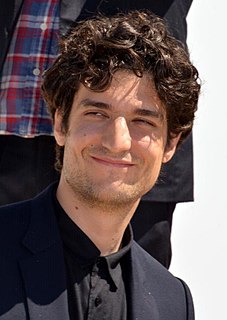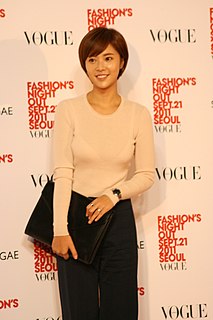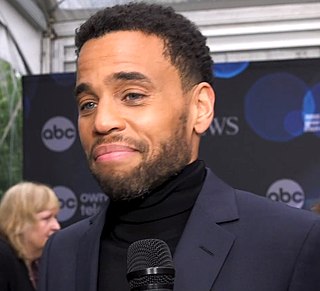A Quote by Rich Moore
A good movie makes the audience feel like they've journeyed with the characters.
Quote Topics
Related Quotes
It's basically how I choose movie roles. Would I like to see this movie? Is this movie important? Why would I do this? And Headhunters is a movie that I would like to see in the cinema. And when it's sold to 50 countries or whatever, for me it's a great deal. I make movies for an audience so if that audience grows, I feel really honoured and thankful for it.
If I can get the audience to connect with the characters emotionally - and they love who they are, they love the larger-than-life situation that they're in, but most of all get the audience invested in the characters - then I always feel like I can sort of put them in the most outrageous circumstances, and the audience is okay to go with that.
I have always liked kind of outsider characters. In the movies I grew up liking, you had more complicated characters. I don't mean that in a way that makes us better or anything. I just seem to like characters who don't really fit into. You always hear that from the studio: "You have to be able to root for them, they have to be likeable, and the audience has to be able to see themselves in the characters." I feel that's not necessarily true. As long as the character has some type of goal or outlook on the world, or perspective, you can follow that story.
You can do a good movie, or you can do a good movie that can help people to feel the idea of what it is like to live. It can be good in an artificial way; it can be also a good movie for your own existence. You don't know that when you do a movie. You don't know if you succeeded, which is the most difficult thing.
